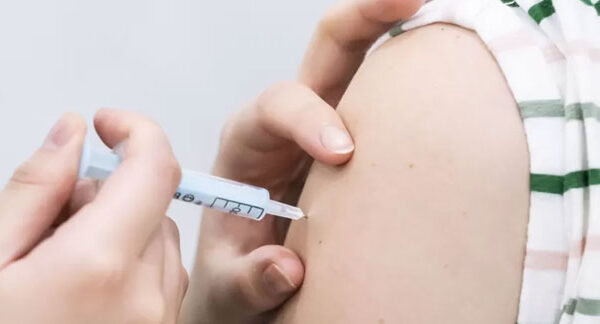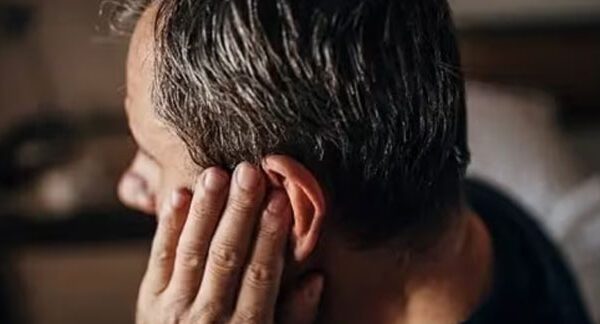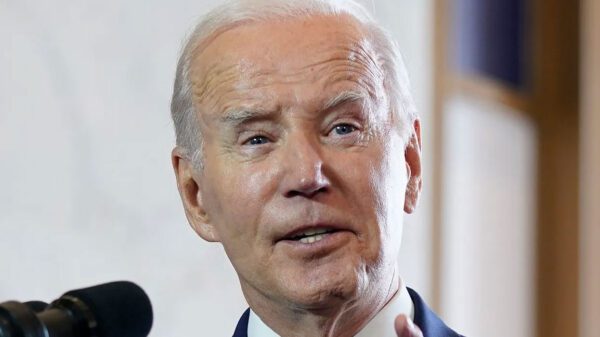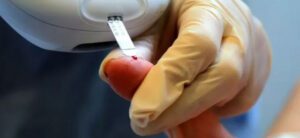Facing the Crisis US Doctors Navigate Nationwide Shortages of Cancer Drugs
Toni Dezomits, a 55-year-old retired law enforcement officer, is battling a recurrence of stage 4 ovarian cancer. Despite undergoing multiple rounds of chemotherapy, she received disheartening news from her doctor.
Just a day before her third round of treatment last month, Ms. Dezomits was informed about a nationwide shortage of the generic chemotherapy drug, carboplatin, one of the three medications she was supposed to receive.
Left with a difficult choice between forgoing the medication or opting for an alternative with more severe side effects, the North Carolina native is completing her final three chemotherapy sessions with only two of the recommended drugs.
“It’s a dilemma because I know the drug I’m not receiving is the one that worked well for my cancer the first time,” she expressed her concerns.
According to experts, the United States is currently facing one of the most severe shortages of chemotherapy drugs in three decades. Ms. Dezomits is among potentially 100,000 patients who may have been affected over the past several months, as stated by Dr. Julie Gralow, the chief medical officer at the American Society of Clinical Oncology.
As of this week, the US Food and Drug Administration (FDA) reported a shortage of over 130 drugs, including 14 cancer treatments. The scarcity is primarily affecting two frontline therapies, carboplatin and cisplatin, which are crucial for treating various cancers like head and neck, gynecologic, and gastrointestinal cancers.
The recent shortage was triggered by the closure of an Indian plant that supplied cisplatin materials to all US manufacturers due to quality concerns. Consequently, the demand for a substitute drug, carboplatin, surged, explained Dr. Gralow.
As a result, some healthcare providers have been compelled to extend the time between patients’ chemotherapy sessions, while certain individuals have had to travel long distances to receive treatment at different cancer centers.
When her local oncologist couldn’t provide carboplatin, Ms. Dezomits sought assistance from a larger cancer center in Texas, where she had previously received treatment. However, they informed her that they couldn’t offer her the drug since they were prioritizing patients with higher chances of being cured.
“It’s like triage on the battlefield,” commented Ms. Dezomits, who had served as a soldier in the Persian Gulf war. “This country should do better than that. We should be able to obtain life-saving drugs that cost about $9 or $10 per dose.”
Experts point out that the low cost of generic front-line cancer drugs has contributed to the recurring shortages. While these medications are inexpensive to manufacture, pharmaceutical companies lack incentives to do so because they yield small profits, said Dr. Karen Knudsen, CEO of the American Cancer Society.
As a short-term solution to alleviate supply chain issues, the FDA recently began collaborating with a Chinese manufacturer to import one of the chemotherapy drugs. While this move may address some immediate supply constraints in the coming months, it does not resolve the cyclical problem of chemotherapy drug shortages, explained Dr. Knudsen.
“We are implementing an emergency solution, but we have reached a point where a more sustainable solution is necessary,” she added.
Medical experts suggest that the US government should collaborate with the private sector to develop long-term solutions. Dr. Gralow proposed that the government could utilize its drug purchasing power to establish national strategic reserves of critical medicines and incentivize high-quality pharmaceutical companies to manufacture them.
Ms. Dezomits fears that without further action, individuals across the US will continue to face challenging situations in accessing the cancer care they desperately need.
“Dealing with cancer and one’s mortality is already stressful enough,” she said. “This shortage adds another obstacle that patients have to confront.”








